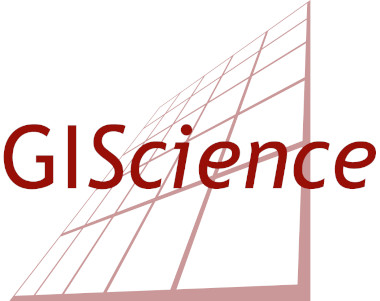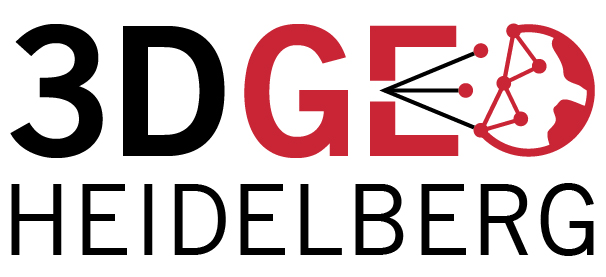Tag: MapSwipe
-
10 Million Contributions: It’s time for MapSwipe Analytics!
The MapSwipe App is widely used by many volunteers who donate their time and brain capacity to find buildings or roads on satellite imagery. Just recently we counted the 10,000,000th contribution! After only 6 months since MapSwipe was launched! The outcome of these efforts are mainly used by humanitarian organisations like MSF, Netherlands Red Cross…
-
Towards evaluating the mobile crowdsourcing of geographic information about human settlements
Geographic information crowdsourcing is an increasingly popular approach to derive geographic data about human settlements from remotely sensed imagery. However, crowdsourcing approaches are frequently associated with uncertainty about the quality of the information produced. Although previous studies have found acceptable quality of crowdsourced information in some application domains, there is still lack of research about…
-
DeepVGI: Deep Learning with Volunteered Geographic Information
Deep learning techniques, esp. Convolutional Neural Networks (CNNs), are now widely studied for predictive analytics with remote sensing images, which can be further applied in different domains for ground object detection, population mapping, etc. These methods usually train predicting models with the supervision of a large set of training examples. However, finding ground truths especially…
-
MapSwipe2HOT_Tasking_Manager is OSM_Wiki “Image of the Week”
This week’s “OSM Wiki “Image of the Week”” shows two maps from our efforts to use MapSwipe data for defining and prioritising OSM Hot Tasking Manager tasks. We appreciate the recognition 🙂 The workflow and respective tools have been introduced recently and are based on the “Heidelberg Process“, that lead to the development of MapSwipe…
-
Integrating MapSwipe and HOT Tasking Manager
The MapSwipe app allows you to mark buildings and roads on satellite imagery within just a few seconds by tapping on your smartphone. Thousands of volunteers contributed to MapSwipe so far and it is just incredible how big the areas are that have been scanned (also see : With one swipe or tap you put…
-
HOT Summit MapSwipe and Pybossa Video Online
The presentations of this years HOT summit that was held in Brussels (September 22, 2016) were recorded and are now available in the Youtube channel of HOT, the Humanitarian OpenStreetMap Team. If you missed the summit and are interested in what we are doing, have a look at the video of the joint presentation of…
-
Maptember in Brussels – GIScience Research Group at the HOT summit, SOTM 2016 and Missing Maps Meeting
Brussels became the global center for OpenStreetMap enthusiasts, humanitarians and researchers during the last week. The 2nd HOT Summit was held on the 22nd September and was complemented by a Missing Maps Mapathon in the evening. From 23rd – 25th September the State of the Map conference opened their doors for the global OpenStreetMap community.…
-
Radio Interview on activities @ Heidelberg Institute for Geoinformation Technology
recently Prof. Zipf gave an radio interview in German about some of the activities of the GIScience Research Group and the Heidelberg Institute for Geoinformation Technologies (HeiGIT); which is currently being established with core funding by the Klaus Tschira Stiftung Heidelberg. The short radio broadcast (mp3) covers e.g. work on improving and generating Geographic Information…


